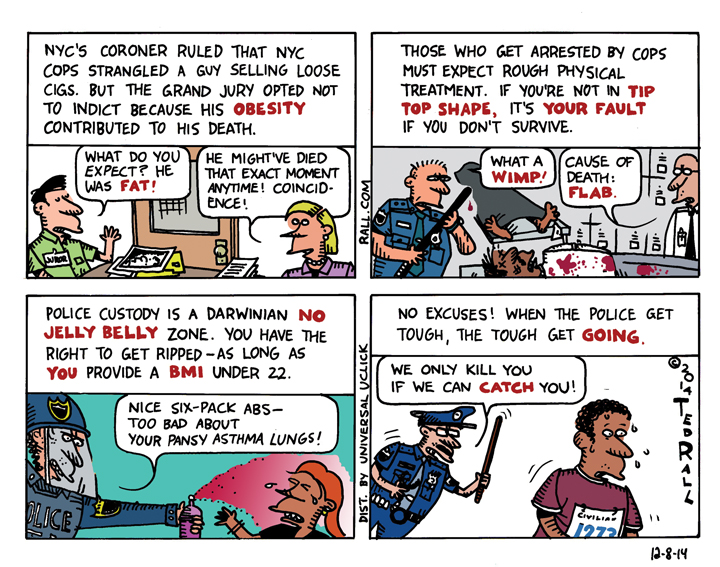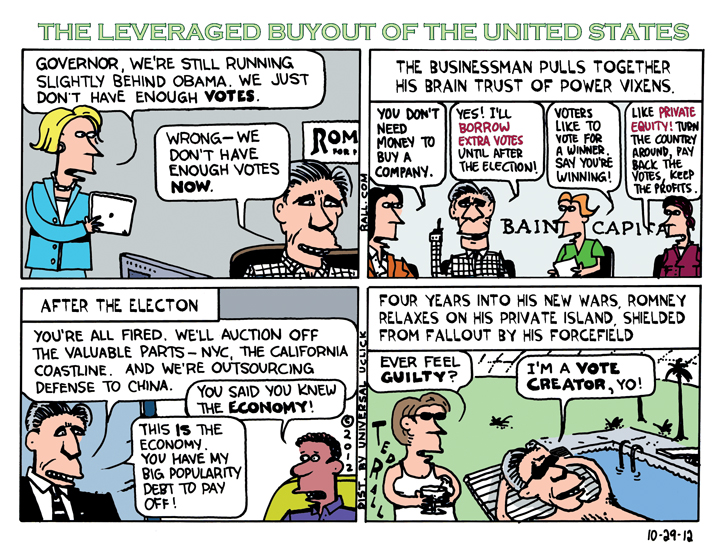Editorial cartoonists Ted Rall (from the political Left) and Scott Stantis (from the political Right) discuss the week’s biggest stories without the boring yell fests but with force and passion.
The first segment of this week’s offering covers some major developments in the 2024 presidential campaign. The US Supreme Court followed Ted’s lead, choosing democracy over the Constitution, ruling 9-0 to invalidate the 14th Amendment cases attempting to remove Trump from the ballot. Super Tuesday saw broad sweeps by Biden and Trump, Nikki Haley’s withdrawal and progressive discontent over Biden’s support of Israel’s war against the Palestinians in the Gaza Strip. Scott and Ted preview the State of the Union Address and detail what Biden would have to do there—it involves violating the laws of physics—to drive a stake through concerns about his mental acuity. Oh, and it’s definitely Biden versus Trump this fall.
The second segment takes a hard turn into Illinois’ move toward legalizing doctor-assisted suicide. Scott expresses concerns about whether God would approve and whether there might be a potential for abuse. Ted gets personal about a friend and colleague who recently decided to end her life after suffering from depression.
Finally, New York Governor Kathy Hochul has ordered state police and the National Guard to New York City’s beleaguered subway system to restore law and order…and search your bags.
Watch the Video version: here.






